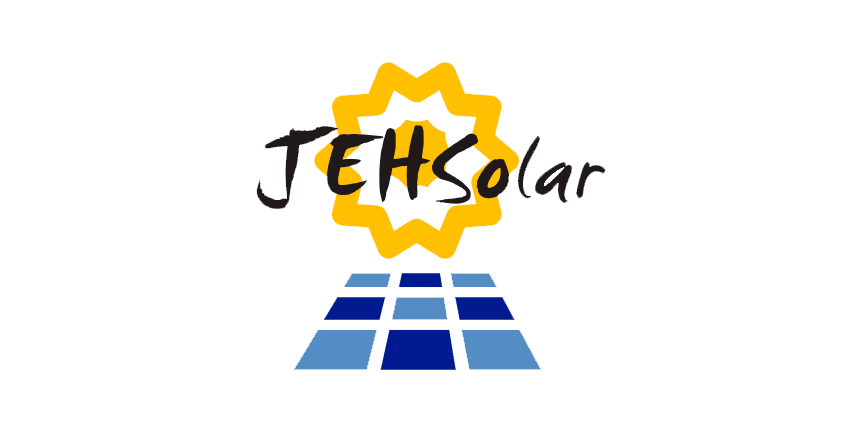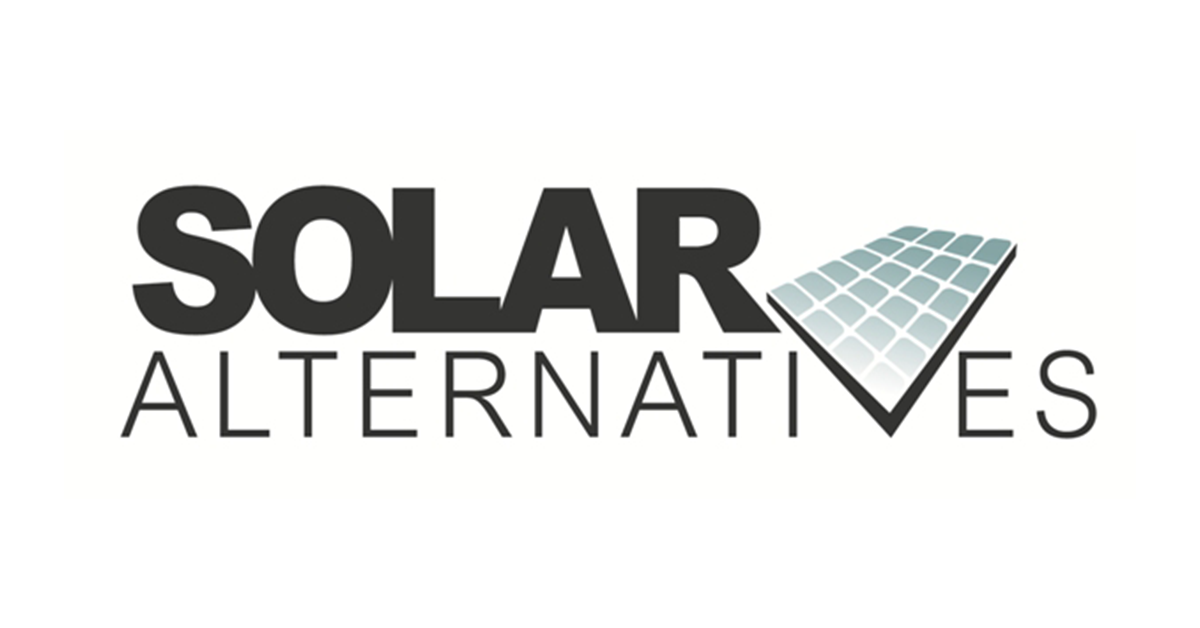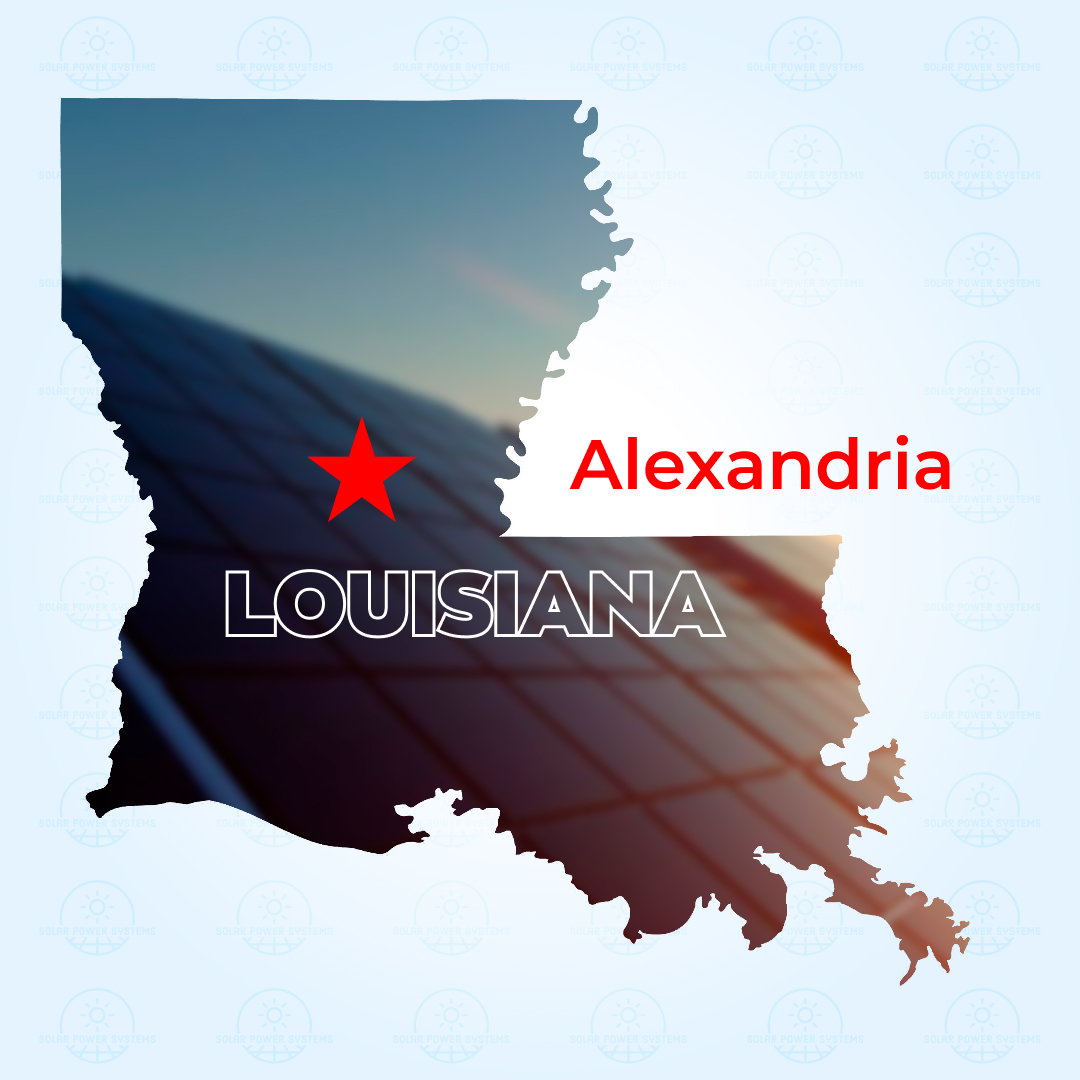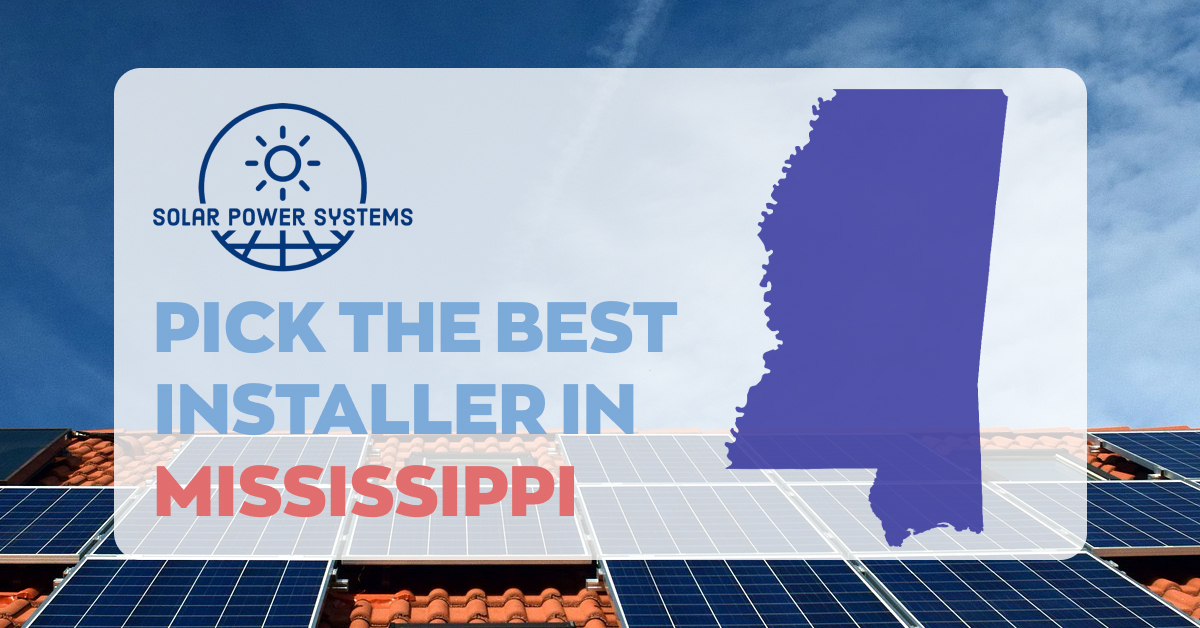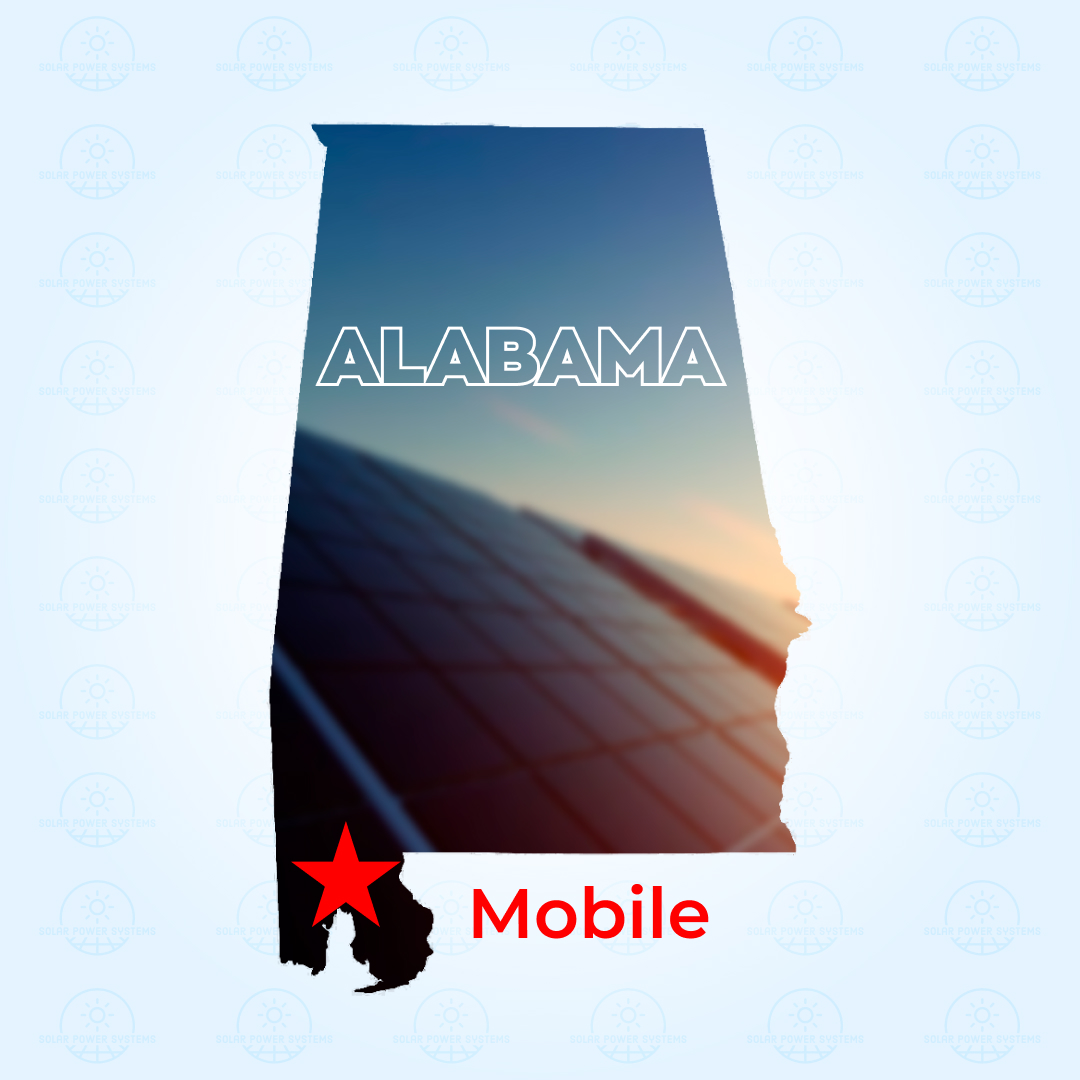Choosing the right solar installer in Louisiana can feel overwhelming. There are so many questions to answer before making the decision, you can spend hours researching. That’s why we’ve simplified it for you.
Our guide highlights Louisiana’s top-rated solar companies, combining Solar Power Systems expert insights with feedback from locals who’ve made the switch.
No need to surf the web looking for information crumbs to have the big picture. Years in business, reviews from real customers, online reputation, panel brands, warranty, social media overview, and more – we have it all. The hard work is done to help you make the right decision.
We prioritize companies committed to long-term service and reliability. Here’s our list of Louisiana’s most trusted solar installers:
JEH Solar review 105 Henderson Rd, Lafayette, 70508, LA, US
JEH Solar review 105 Henderson Rd, Lafayette, 70508, LA, US
JEH Solar is rewarded with our Expert Choice badge, serving an exclusive area of fewer than 1 state. With a read more…
Solar Alternatives review 5520 Johnston St, Lafayette LA, 70503
Solar Alternatives is rewarded with our Expert Choice badge, serving an exclusive area of fewer than 3 states. With a read more…
Solar Alternatives review 5804 River Oaks Rd S.,New Orleans, LA 70123
Solar Alternatives is rewarded with our Expert Choice badge, serving an exclusive area of fewer than 3 states. With a read more…
South Coast Solar review 2605 Ridgelake Dr, Metairie, LA 70002, United States
With an overall third-party rating of 4+ and positive feedback across more than 10 reviews from different platforms, South Coast read more…
Solar Alternatives review 5250 Galaxie Dr, Jackson MS, 39206
Solar Alternatives is rewarded with our Expert Choice badge, serving an exclusive area of fewer than 3 states. With a read more…
How Much Do Solar Panels Cost in Louisiana?
The cost of solar panels in Louisiana varies depending on the size of the system.
| System Size | System Cost | System Cost (after ITC) |
|---|---|---|
| 3 kW | $8,772 | $6,140 |
| 4 kW | $11,696 | $8,187 |
| 5 kW | $14,620 | $10,234 |
| 6 kW | $17,544 | $12,281 |
| 7 kW | $20,468 | $14,327 |
| 8 kW | $23,392 | $16,374 |
| 9 kW | $26,316 | $18,421 |
| 10 kW | $29,239 | $20,468 |
The average solar panel system costs $2.92/W including installation in Louisiana. For a 5 kW installation, this comes to about $14,620 before incentives, though prices range from $12,427 to $16,813. After the federal tax credit, the average price drops by 30%.
The cost of solar panels can vary depending on the panel type you choose and your system size. Larger solar installations will typically have a lower cost per watt because the panels can be purchased at a ‘bulk price.’ However, these larger solar systems will still have a higher total cost because they are made up of more individual panels.
If you pay for your system with cash, you’ll save about $10,912 over 20 years on electricity costs with a 5 kW system in Louisiana. These estimates don’t account for utility net billing rates if you don’t have access to net metering.
Louisiana Solar Incentives and Rebates
Sure, here are some of the best solar incentives and rebates available in Louisiana:
- Residential Clean Energy Tax Credit: This is also known as the federal investment tax credit (ITC). It can reduce your solar panel system’s cost by 30%. The average cost for a 5 kW solar panel system is around $14,620 in Louisiana. Once you factor in the 30% credit, the cost comes down to $10,234.
- Residential Clean Energy Credit: This is similar to the ITC and can also reduce your solar panel system’s cost by 30%. However, to qualify for the ITC, you must purchase your system with cash or a solar loan.
- Louisiana Solar Property Tax Exemption: If you use solar energy as a source of power, you won’t need to pay for the value your solar panels add to your property.
- Net Metering: Utility companies in Louisiana—including Entergy, SWEPCO, other electric co-ops, and municipal providers—do offer solar buyback programs. Under the net billing solar buyback programs in Louisiana, you can sell that excess power back to the grid for credits on your electricity bill.
These incentives and rebates can significantly reduce the cost of installing solar panels and make it a more affordable option for homeowners in Louisiana. The availability and amount of these incentives can vary.
Is It Worth Going Solar in Louisiana?
Yes, going solar in Louisiana is worth it.
The average solar payback period is 16 years. Homeowners are eligible for the Home Energy Loan Program (HELP) and the federal solar investment tax credit (ITC). The average homeowner saves $17,256 over the lifetime of their solar system. However, the viability of solar depends on several factors, including the cost of electricity and climate.
How Much Can Solar Panels Save Me in Louisiana?
Finding out how much you can save on solar in Louisiana is not a straightforward answer. It depends on several factors, including the solar billing of your utility company, the size of a potential solar system on your roof, and your household’s energy consumption. While most solar installers will try to cover all your electricity needs, the actual savings will depend on your home’s unique conditions. To get a personal estimate of how much you could potentially save by going solar, fill out a simple form on our website, use Google’s Project Sunroof solar savings calculator, or consult with a couple of local solar installation companies for a personalized savings calculation.
Solar Financing Explained
You can pay for solar panels in a couple of ways:
- Cash
- Installer solar loans
- Personal loans
- Cash-out refinance or HELOC
- Solar Leases or Power Purchase Agreements (PPA)
First, there is a cash purchase, which in most cases provides the best price and long-term savings, but the upfront payment is not always what you can afford. If you want to own your solar panels and don’t have about $15,000 to $20,000 in the bank, you’ll have to choose solar panel financing.
You can consider a personal loan, a home equity line of credit, or a solar loan offered by the solar company. However, keep in mind that these loans come with interest and additional fees. Solar loans often are tied to dealer fees, which can increase the total cost of your solar system by 20% or more in exchange for a lower interest rate. To ensure you get the best possible deal, it is wise to compare the dealer fees and interest rates offered by different installers. This way, you can make an informed decision based on the most favorable terms available.
Some companies offer solar leases or PPAs that require zero upfront cost. But in such case, you don’t own solar panels and you are not eligible for any solar rebates or the federal tax credit. And, because you have to pay the solar company monthly, your total solar savings will be lower. Ask for detailed savings calculations from a solar installer to decide on the best option. In most cases, you will still be paying less for electricity.
Frequently Asked Questions
How We Rank Solar Installers
Our main goal is to provide homeowners like you with top-rated solar companies you can trust. Our solar experts analyzed thousands of local and nationwide installers to get to the bottom of who is best in a specific location. The solar company ranking methodology is based on gathering input from homeowner surveys, consulting with industry experts, and extensive research into the solar energy market. Here are the things we believe are the most important to consider when choosing a solar company.
In short, here’s how we pick top installers:
– Company that has been in business for over five years as it indicates stability, reliability, and successful installations.
– Local solar companies over big national ones covering multiple areas as they can provide better personal attention and know more about the solar needs and regulations in their area.
– Companies with hands-on experience and a wealth of projects under their belt are more likely to deliver efficient and timely installations that cater to specific customer needs.
– Companies that handle their own installations instead of outsourcing to subcontractors ensure a higher caliber of work and nurture a culture of excellence and accountability in service.
– Select a company that has a good overall reputation and reviews on sites like SolarReviews, BBB, Google Maps, and Yelp.
– The company is licensed, insured, and holds relevant certifications such as NABCEP certification.
– Companies that offer a wide selection of high-quality solar panels and related products and work with reputable brands.
– Companies that provide flexible financing options such as solar loans, leases, or power purchase agreements.
– Installers that provide substantial workmanship warranties and system performance guarantees.
Read more:
Our Methodology
What Made Us Choose Sources for Expert Score?
How We Classify Solar Installers: What Matters Most?
What to Look for In a Solar Company
To ensure that you partner with a great provider that can meet your needs of going solar, look for the following:
– Make sure the solar installer has industry-standard certifications, such as those from the North American Board of Certified Energy Practitioners (NABCEP), indicating that they meet the gold standard in renewable energy installations. Also, verify if they are licensed, bonded, and insured for residential solar projects in your area. If subcontractors are involved, check their credentials as well.
– Prioritize installers with a proven track record in solar installations, ideally with at least 5+ years of experience. Ask about the number of systems they’ve installed and their project portfolio. A competent installer should openly discuss the solar panels, inverters, and batteries they use if they help to take advantage of local solar incentives and rebates, and warranty coverage specifics.
– Your installer should be forthcoming about the installation process and answer any questions you might have, like “How many solar panels will I need? Why?”, “Can you give me a detailed cost breakdown based on my energy consumption?”, “What solar panel brands do you install? Why?”, etc.. They should also be transparent about their use of subcontractors, detailing their roles and how their work will be supervised.
– A preliminary evaluation of your roof’s condition is the groundwork. The installer should advise on necessary repairs to ensure it’s ready for solar panel installation and clarify responsibilities for any potential roof damage during the process. Discuss aesthetic concerns, such as the placement of solar panels around roof vents or the possibility of relocating vents for a more visually appealing setup.
– Check the installer’s reputation through online reviews and testimonials. They should be able to connect you with past customers willing to share their experiences. Personal recommendations from friends or neighbors who’ve gone solar can also be invaluable.
– Solar installation costs can vary widely, so obtaining multiple quotes is advisable. Experienced installers will adjust their offers to your home’s specifics—size, energy needs, etc. For an objective cost comparison, calculate the price per watt of the proposed system, giving you a standardized basis to evaluate different quotes.
Should You Choose a Local Solar Installer or a Big National Company?
Always choose a local solar company over a big national corporation. Small local companies that operate in a distinct local area are better than multi-state and national solar companies and large corporations. It’s the small local companies who get the best reviews on our website, and it’s the national multistate companies who get very poor reviews. Why so, you may ask?
Solar is a local service business, for the most part, and it is extremely difficult to run a solar company and offer good customer service to many locations from a central office.
Local ones have a community connection, they know better the incentives and regulations in the area, and they simply care more about you than large businesses trying to get into your pocket and overprice you. While multi-state solar companies might try to convince you by financial stability and “quality of installations across different locations”, try to choose a local company that meets all your criteria.
What Does a Solar Installation Look Like?
Here’s how a solar system installation will look like once the design for your solar system is approved:
– First, a solar installer should estimate your energy needs, and analyze your annual and monthly electricity consumption, which you can find on utility bills measured in kilowatt-hours (kWh). Such calculations will help to understand potential savings, payback period, and the system size you need.
– A home energy audit is something every experienced solar company would do to understand the size and output needed.
– Next question on the list: are your house’s roof conditions good enough for installation? A solar installer should carefully inspect the roof and ensure its conditions and orientation are good to go, how and where to better place solar panels and wire the system.
– Next, they will design the system and show you how it’s going to look.
You will usually need a permit to install solar panels from your local authorities, and the solar provider should handle all the paperwork.
– The entire process might take up to 3 months depending on the state and local regulations, while the system installation is usually up to 3 days (might take longer depending on roof conditions and system complexity).
– The installation crew should always clean up and remove any debris, leaving your house in good condition.
– When the system is installed, it should be checked and approved by local municipality inspection.
– If you’re connecting your system to the grid, it has to be wired to your local utility system. You’ll apply for connection through your utility company, which will also want to inspect your system to ensure it’s following utility guidelines. Some installers may help you with this step, so always ask. Once you have all the permits, your system will be up and running, powering your home with solar.
Browse the Best Solar Installers in Nearby Locations


